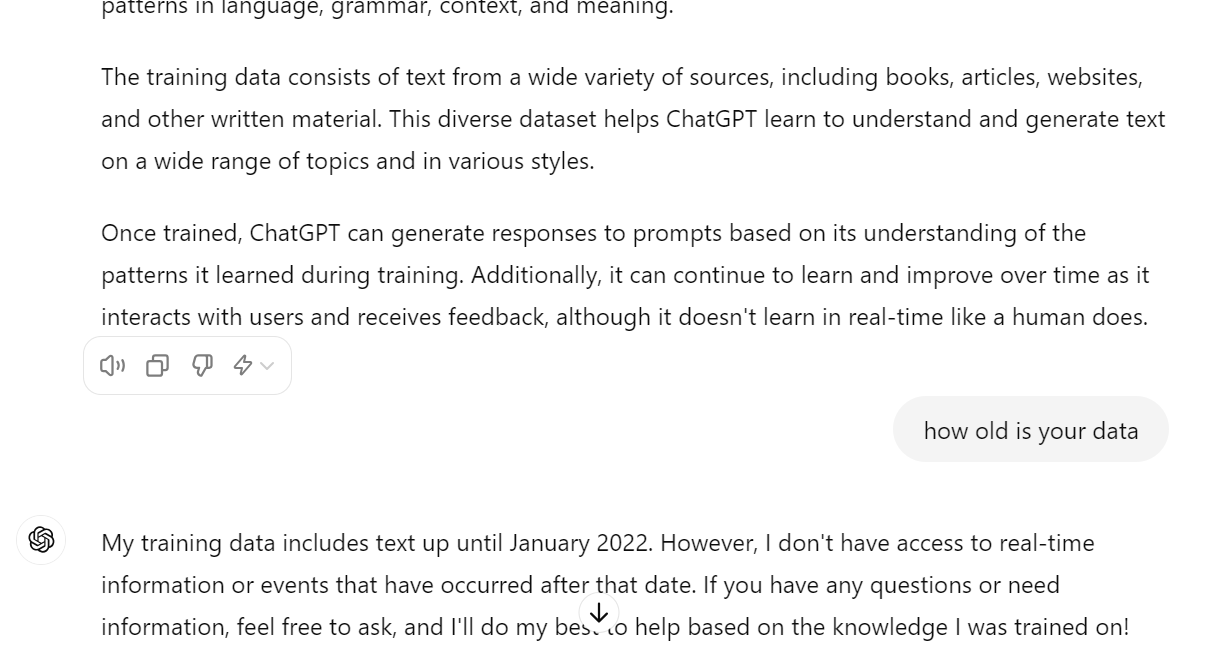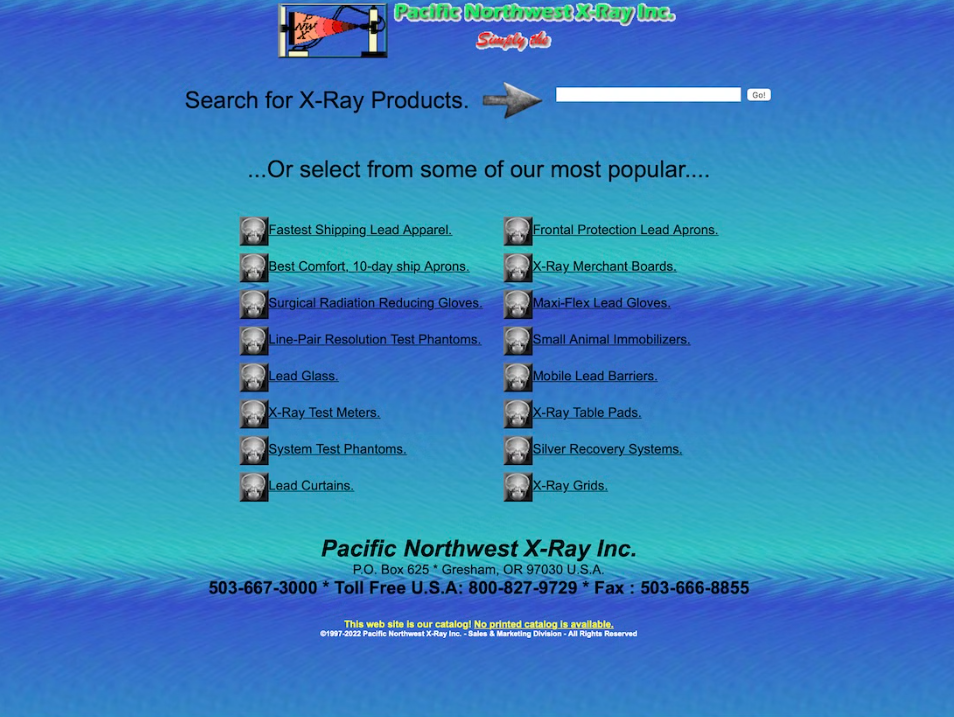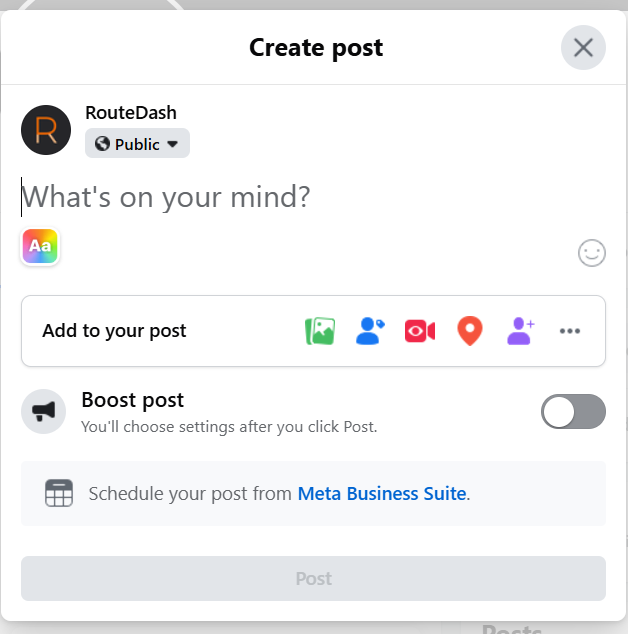AI and Your Business
How to use AI to get ahead in your business

The buzz around artificial intelligence (AI) is hard to miss. From AI-powered tools like Gemini, Bard, and Chat GPT to creating art, handling support issues, and robot vacuums, it’s everywhere. But it's not without its controversies. AI started its life as a fun summer getaway, brain trust created by John McCarthy in 1956. Today debates rage about its ethical implications and potential to replace us or its effect on what intellectual property is.
AI is a big looming subject, but it’s not scary. Once you get to know it, you’ll be able to integrate it into your business strategy and start making your life easier!
What Exactly Is AI?
We throw around the term AI a lot now, but what is it exactly? AI is a system that allows computers to learn and solve problems like a person. AI systems analyze huge amounts of data and study it to find patterns. This is how you can have full conversations with Siri and Alexa just like you might with your neighbor. It’s also how businesses can create customer support chats that respond with accurate information and how you get emails or website prompts suggesting products you might like based on previous views/purchases. At some level, AI exists in a lot of your everyday life. Your smartphone, social media sites, and some home electronics all contain elements of AI.
Understanding Generative AI
While we’re still in AI 101, another term you’ve probably heard of is Generative AI. This term gets tossed around when we’re talking about Chat GPT, Gemini, and Bard. Generative AI is a little more sophisticated than your standard AI. It’s designed to use “deep learning” to simulate how the human brain processes information. It learns data and patterns and analyzes language patterns to understand and respond to users' requests. It’s why you can ask one question to Chat GPT and continue to build off that question. It’s designed to continually learn and improve the more people use it.
It’s not without its limitations. It still makes errors and doesn’t learn in real time, as humans do. When asked about its learning limitations, Chat GPT responded:
My training data includes text up until January 2022. However, I don't have access to real-time information or events that have occurred after that date. If you have any questions or need information, feel free to ask, and I'll do my best to help based on the knowledge I was trained on!
So, it can help you with research for your history paper, but if you’re looking for yesterday’s stock reports you’ll have to look elsewhere.
Practical Applications for Small Businesses
Which brings us to the big question: how can you use it for your small business? You may have picked up on it earlier, but AI is already being utilized in much of our daily lives. This makes it relatively simple to incorporate it into your business. Here are a few ways to use AI:
- Customer Service: Use AI-powered chatbots to handle common customer issues, freeing you up to focus on other tasks.
- Accounting: Use AI to automate your accounting, which can catch human errors and save you time.
- Research and Brainstorming: AI can help you find and analyze information, giving you the power to make informed decisions with ease.
- Content Creation and Marketing: AI tools can generate content and analyze marketing data to optimize your strategies. We will delve deeper into this topic in a future article.
- Predictive Performance and Data Analytics: With previous data, AI can predict the performance of ads and analyze and present data so you can improve your business strategy.
You don’t have to be a developer to do this either. There are several tools available for free or paid subscriptions. These are all a great way to seriously upscale your business efforts with minimal effort and money.
AI and its Controversies
However, it’s not all wine and roses. AI has a lot of controversy surrounding it. Science fiction writers have been predicting it will be the downfall of humanity, while others say it’s nowhere near as capable as people sell it. It raises issues of copyright and ethics, especially regarding content creation. Many people who work in creative endeavors are concerned about how easily AI can create their art, where it pulls the data to create this art, and the value ascribed to creating art versus using a human to do the work. It can be a bit murky in the AI world, so you’ll have to tread carefully.
AI Best Practices
There are some things you can do to maintain best practices in AI:
-Always check sources- AI is pulling data from a lot of different places and it’s easy to take what it produces at face value, but before presenting it to customers make sure it’s true.
-Learn how to prompt- AI is a tool even though you’re talking to it like a person. Learning how to use it effectively will help you be more efficient in getting the results you want.
-Consider Costs- Since this is the new, shiny tool everyone is using, it could be tempting to invest in all the tools. Make sure you’re only using the tools you need and like by utilizing free trials when you can.
-Maintain the Human Touch- AI is great at answering your questions, helping you brainstorm, research, and even create content. However, AI content might be perfect, but it’s not human. Make sure your content sounds natural.
-Don’t Over Share Information- Just like you should be wary of putting any personal information on the internet, AI is the same way. Don’t share anything you wouldn’t want to share on a billboard.
And with all of that, you’re well on your way to making your life easier with AI! It may seem overwhelming, but AI truly is more of a tool to help you run your business rather than a scary red light intent on not letting you leave your house.
Need help setting up AI for your business? Contact us for a no-obligation consultation with our team of experts today!



